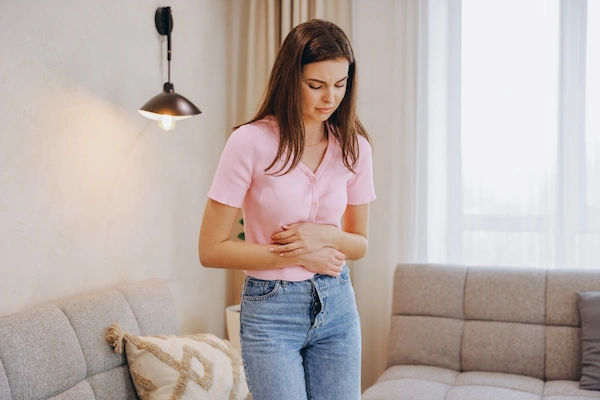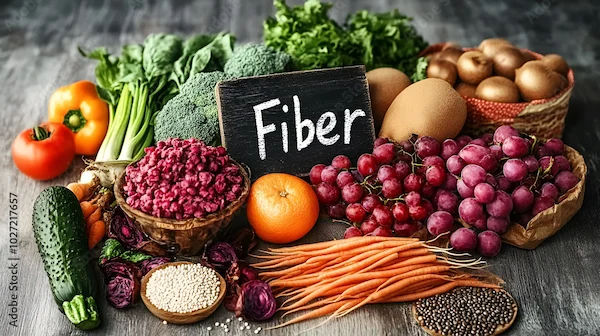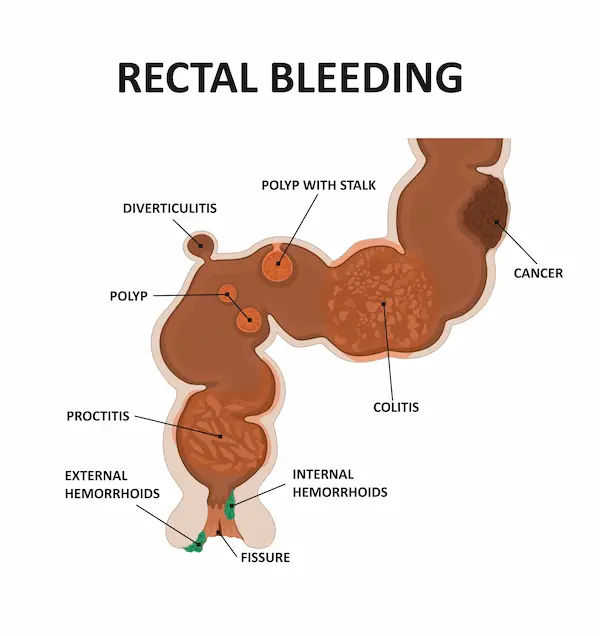- Male
- 48 Years
- 29/01/2025
I'm really concerned about what I should be eating after my fistula surgery. Could you help me with a diet plan that promotes easy digestion, smooth bowel movements, and supports my recovery? I'm a bit anxious about doing the right things to heal quickly. Any guidance would be appreciated.
Answered by 1 Apollo Doctors
To promote easy digestion, passing of stools, and early recovery after fistula surgery, it is important to follow a diet that is high in fiber and fluids. Increase your fiber intake by including foods such as fruits (apples, bananas, berries), vegetables (broccoli, carrots, spinach), whole grains (oats, brown rice, whole wheat bread), and legumes (beans, lentils). Stay hydrated by drinking plenty of water throughout the day. Aim for at least 8-10 glasses of water daily. Include probiotic-rich foods in your diet such as yogurt, kefir, and sauerkraut to promote gut health. Avoid spicy and greasy foods that may irritate your digestive system. Opt for lean proteins such as chicken, fish, tofu, and eggs. Incorporate healthy fats from sources like avocados, nuts, and olive oil. Limit your intake of processed foods and sugary snacks. Eat small, frequent meals to prevent bloating and discomfort. For easy digestion and early recovery, you can also consider taking a stool softener like Docusate Sodium (Colace) as recommended by your healthcare provider. Remember to follow your doctor's advice and gradually introduce new foods into your diet to monitor any adverse reactions.
Dr. Kareemulla Suggests...
Consult a Gastroenterology/gi Medicine Specialist
Answered 04/07/2025
0
0

More Gastroenterology/GI medicine Health Queries
View allI often find myself vomiting bile when I wake up if I haven't slept for at least six hours. I've also noticed my appetite isn't what it used to be. It's starting to worry me a bit. Could you shed some light on what's going on and how I might address this?
Vomiting bile after waking up, especially with less than 6 hours of sleep, and experiencing low appetite, may indicate an underlying issue such as gastroesophageal reflux disease (GERD), acid reflux, or a digestive disorder; consider consulting a gastroenterologist
Answered by 1 Apollo Doctors
I'm really concerned about this problem I've been having for the last six months. Every time I press on my lower abdomen, it feels like my intestines are being pushed out, and it hurts. After I eat, there's this groaning pain in my stomach and the whole area feels really uncomfortable. I've also been dealing with a lot of indigestion. Could you help me understand what's going on and what kind of treatment I should look into?
try eating several small meals instead of three large ones whenever you can...Avoid foods that irritate your stomach, especially those that are spicy, acidic, fried or fatty... avoid coffee,tea etc... Avoid stress,consider calming activities, such as meditation, yoga etc...sleep with head raised position and have dinner at least 2 hours before sleep..Increasing your fiber intake will help promote soft and bulky stool and may relive your symptoms...Foods that are fiber-rich include beans, fruits, whole grains, beans and vegetables
Answered by 1 Apollo Doctors
I've been having narrow stools for about a month now. They're not super thin, but definitely thinner than they used to be. Sometimes they go back to a normal size, but other times they're still pretty narrow. Should I be concerned about this?
It's important to rule out any underlying causes. I recommend you try using a stool softener like Colace (docusate sodium) to help with your symptoms. Take 100mg of Colace orally once a day. Additionally, increase your fiber intake and stay hydrated to promote healthy bowel movements. If your symptoms persist, consider seeing a gastroenterologist for further evaluation.
Answered by 1 Apollo Doctors
Disclaimer: Answers on Apollo 247 are not intended to replace your doctor advice. Always seek help of a professional doctor in case of an medical emergency or ailment.




